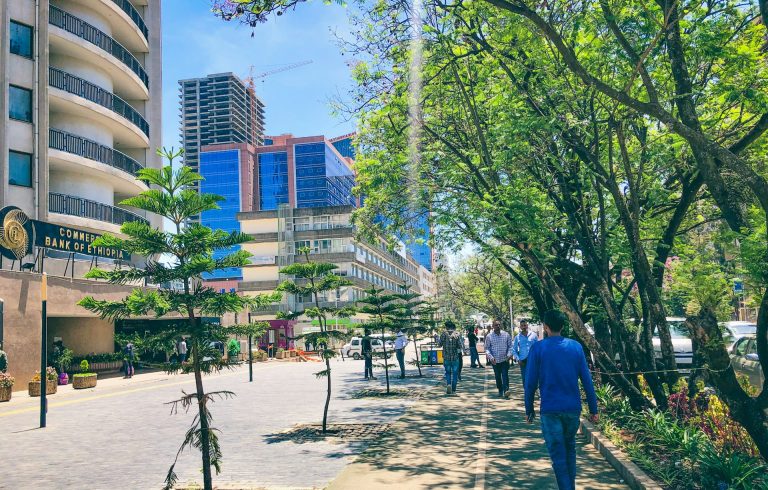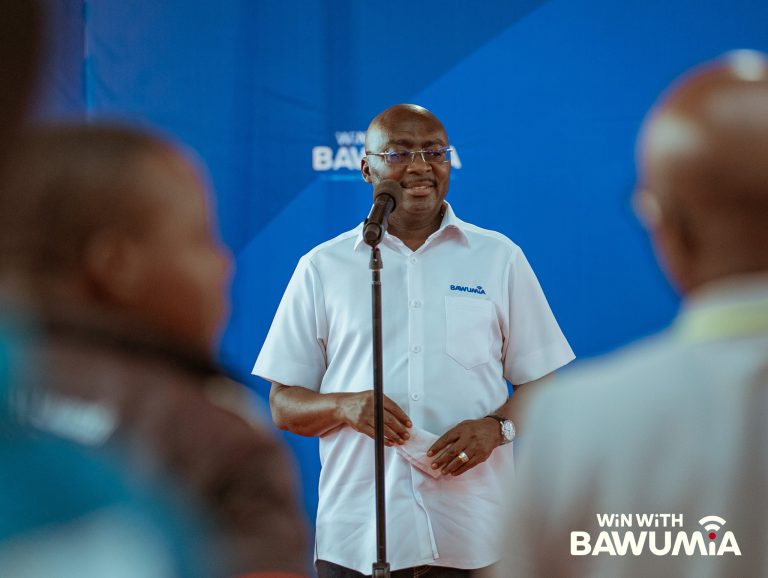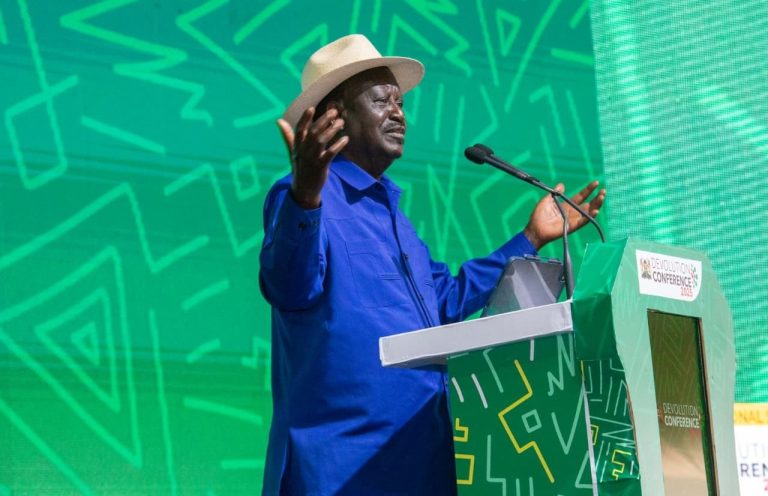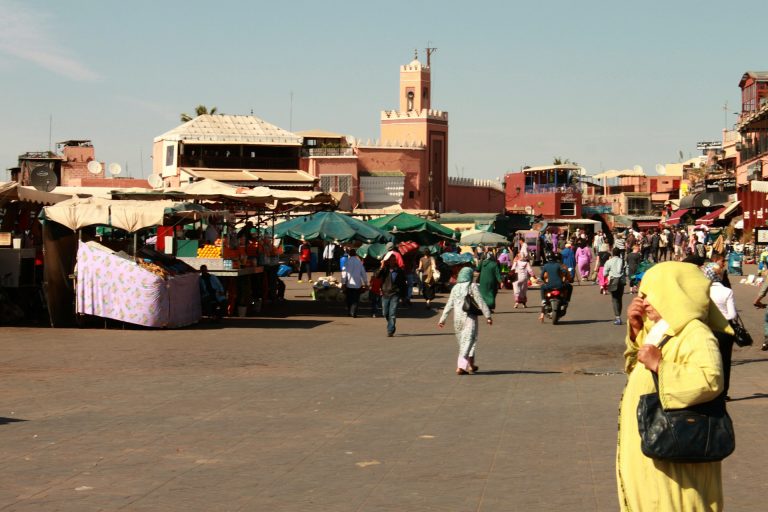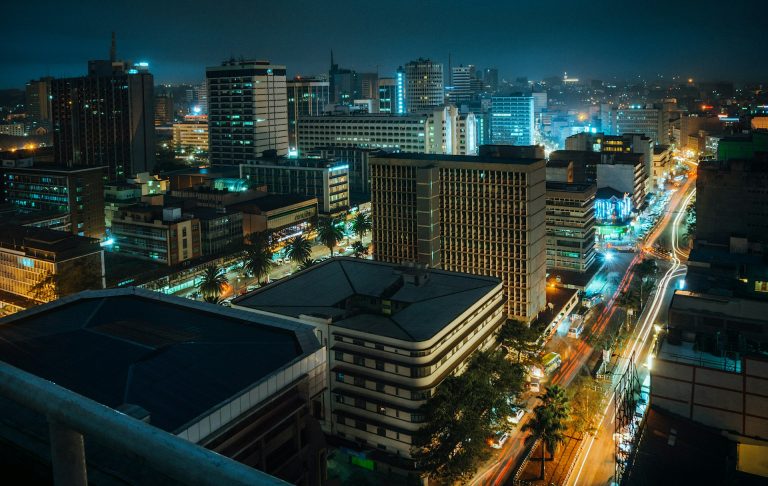- Market anticipates end of Nigeria’s tightening cycle
- October auctions attract strong investor demand
ABUJA, NIGERIA – Yields on Nigeria’s government bonds fell in October, signalling growing investor confidence that the Central Bank will continue easing monetary policy after years of aggressive rate hikes.
The Debt Management Office (DMO) said on Tuesday that rates dropped at auctions for the reopening of five-year and seven-year bonds, both drawing heavy demand from investors betting that borrowing costs have peaked.
With 130 billion naira ($84 million) of the 17.945% August 2030 note on offer, bids reached 212.66 billion naira at rates between 15% and 16.5%. The DMO allotted 87.8 billion naira at 15.832%, spread across 19 successful bids.
Investor appetite was even stronger for the 17.95% June 2032 bond, which was oversubscribed more than eightfold. Total bids hit 845.63 billion naira for the 130 billion naira on offer, with 75 of 216 bids accepted at 15.85%. The DMO also made an additional non-competitive allotment of 3 billion naira.
“However, the original coupon rates of 17.945% and 17.95% will be maintained,” the DMO said.
Analysts said the results reflected growing optimism that Nigeria’s era of high interest rates is nearing an end following last month’s modest policy rate cut by the Central Bank of Nigeria (CBN).
Policy shift after five years
At its September meeting, the CBN trimmed the benchmark interest rate by 50 basis points to 27% — the first cut in five years — following a steady decline in inflation this year.
Governor Olayemi Cardoso’s aggressive tightening campaign earlier in 2024 had raised the policy rate to a record 27.5% to curb inflation triggered by President Bola Tinubu’s reforms, including the removal of fuel subsidies and the floating of the naira.
The high-yield environment had lured foreign portfolio investors back into Nigeria, with capital inflows surging 67% to $5.64 billion in the first quarter, compared with $3.38 billion a year earlier, according to the National Bureau of Statistics.
Of that total, $5.2 billion — or over 92% — went into portfolio investments, with $877.41 million channelled into bonds and $117.33 million into equities. The money market absorbed $4.2 billion, reflecting strong demand for short-term high-yield instruments such as treasury bills and commercial papers.
“The market is coming to terms with the fact that borrowing costs are coming down,” Lagos-based economist and market analyst Eric Orji told Allen Dreyfus. “It’s now just a question of how rapidly that happens.”




